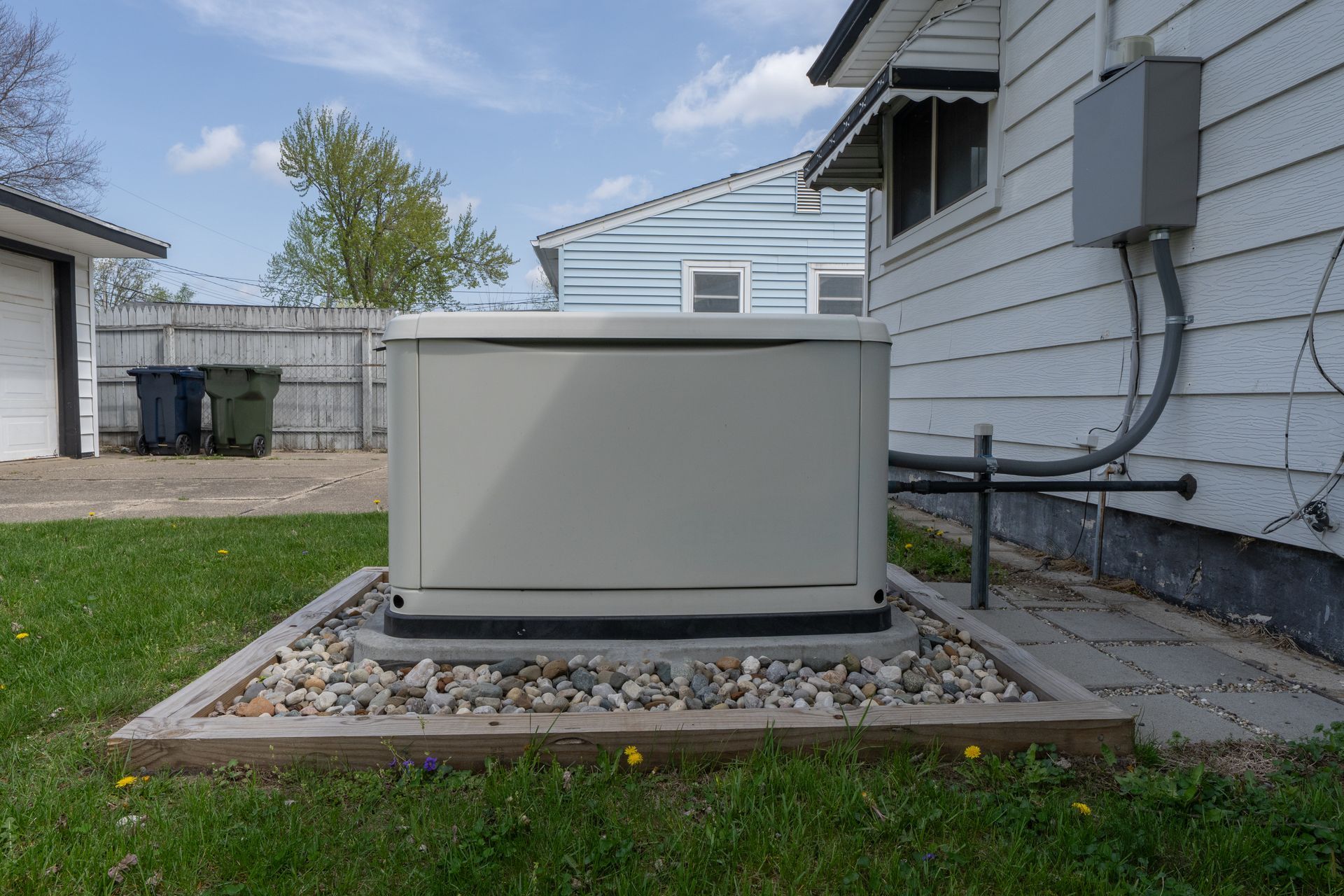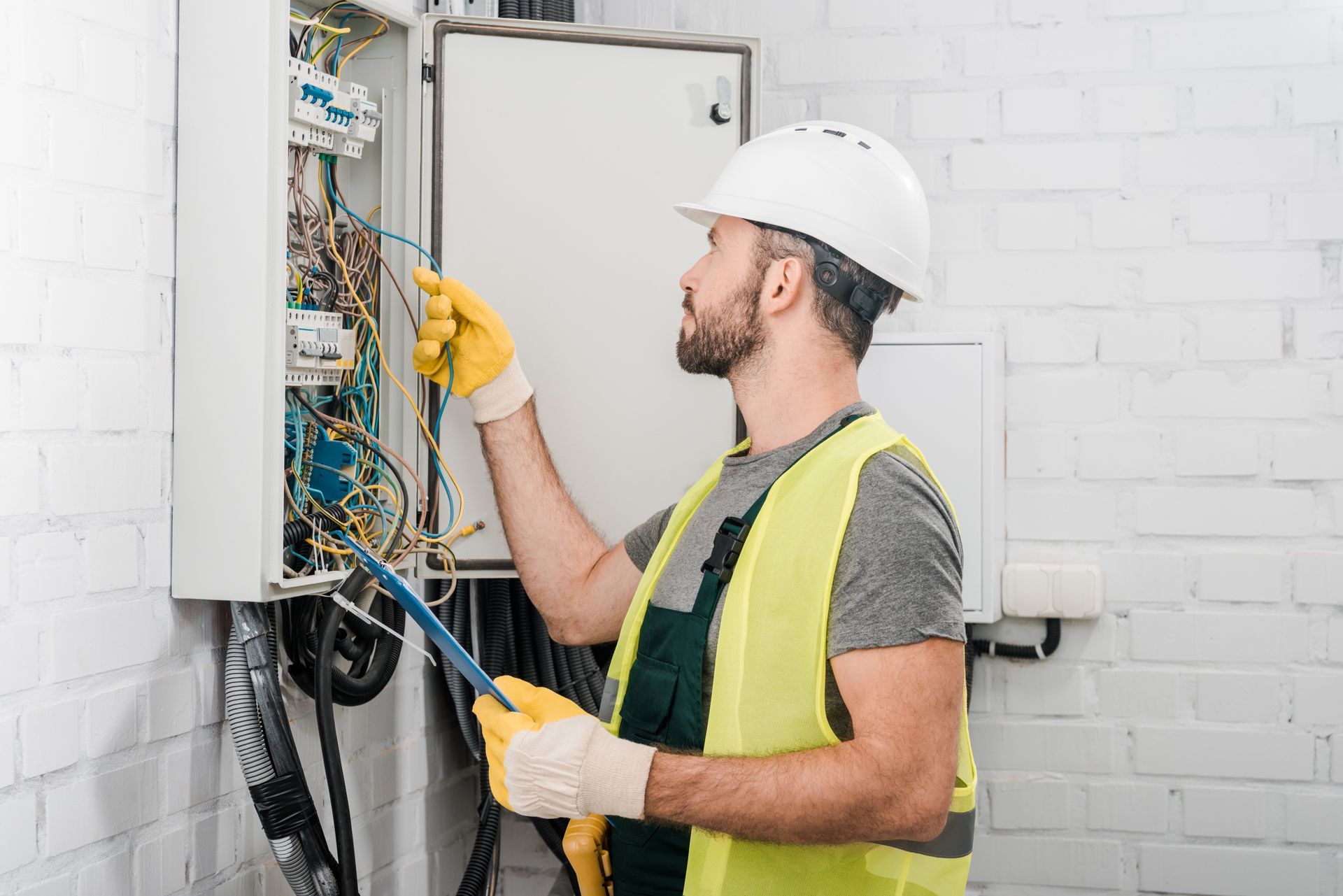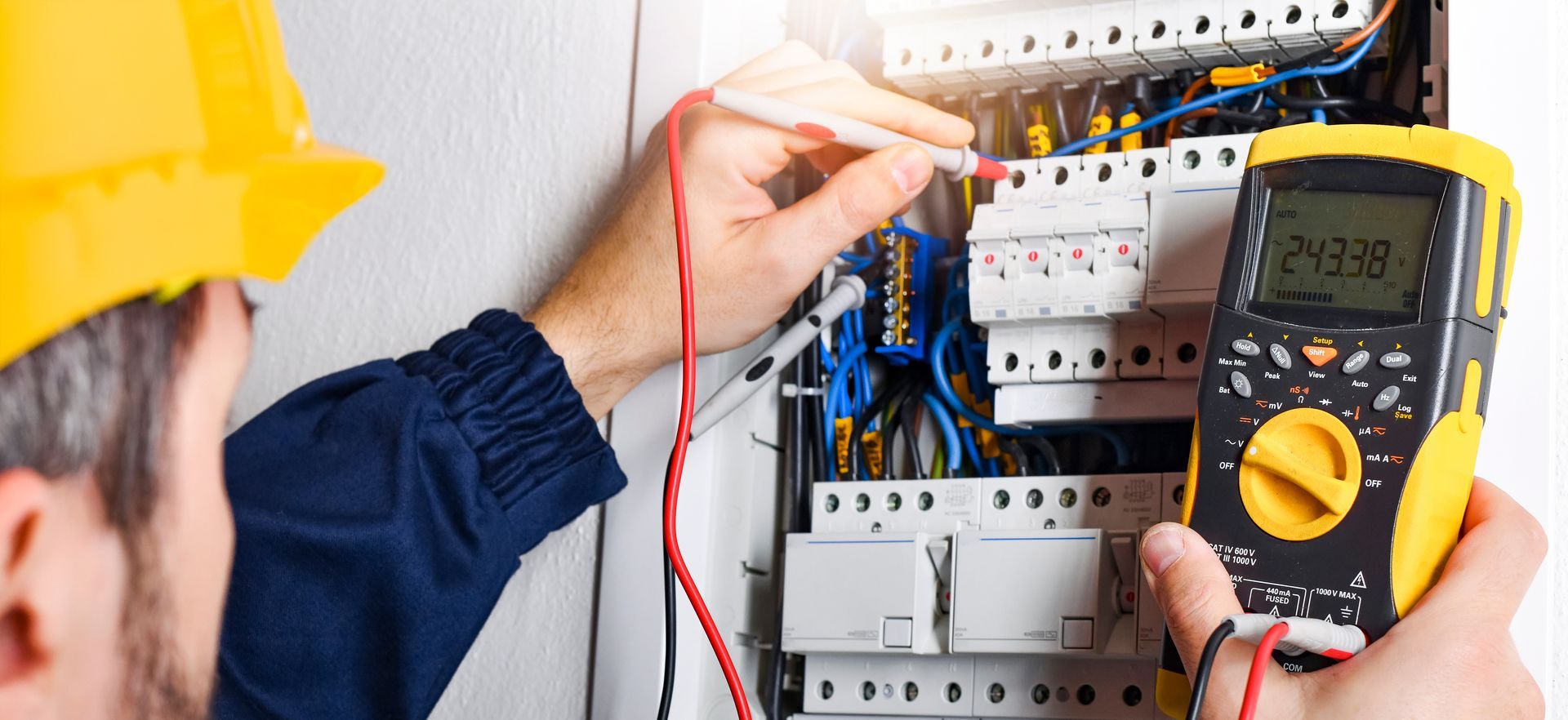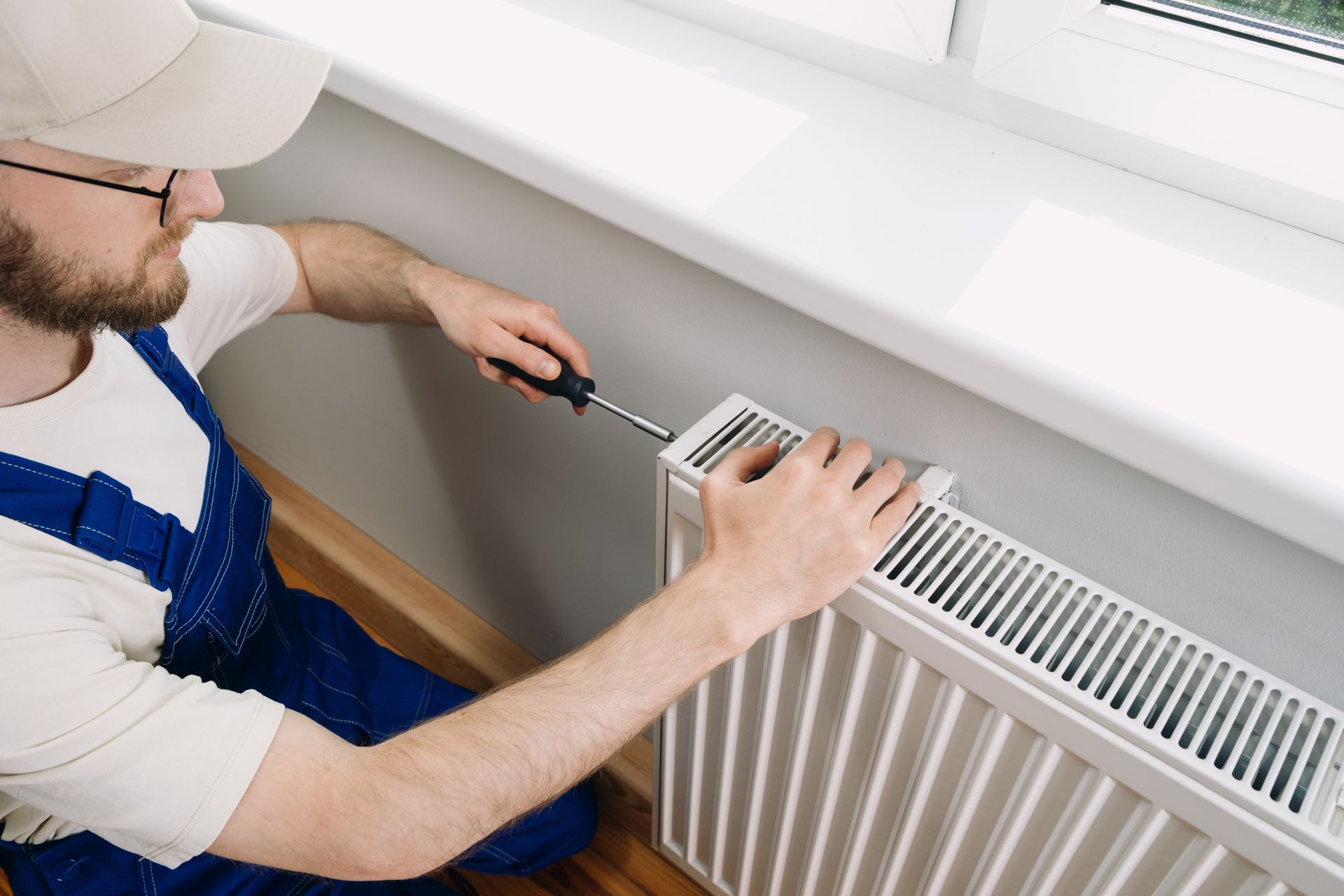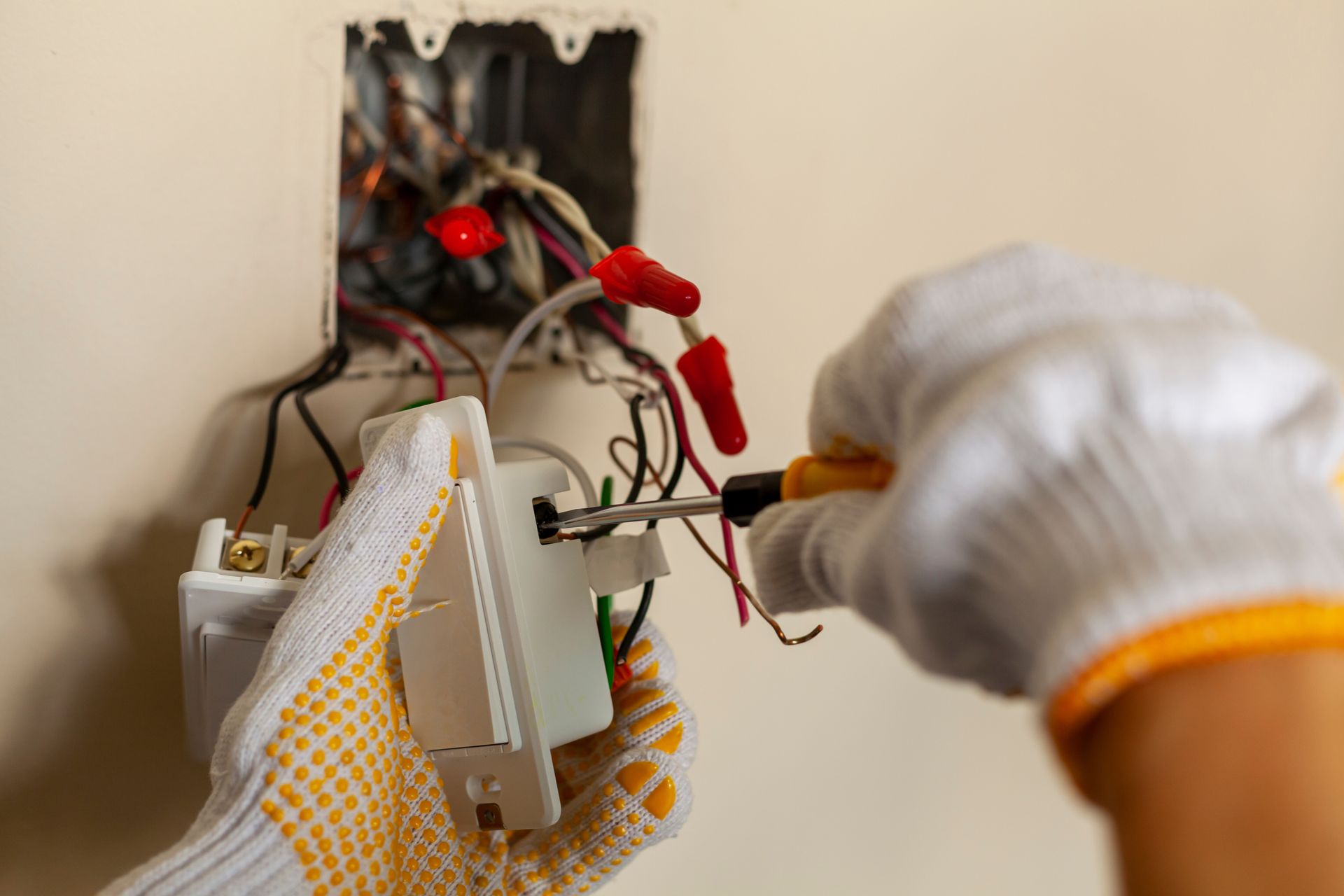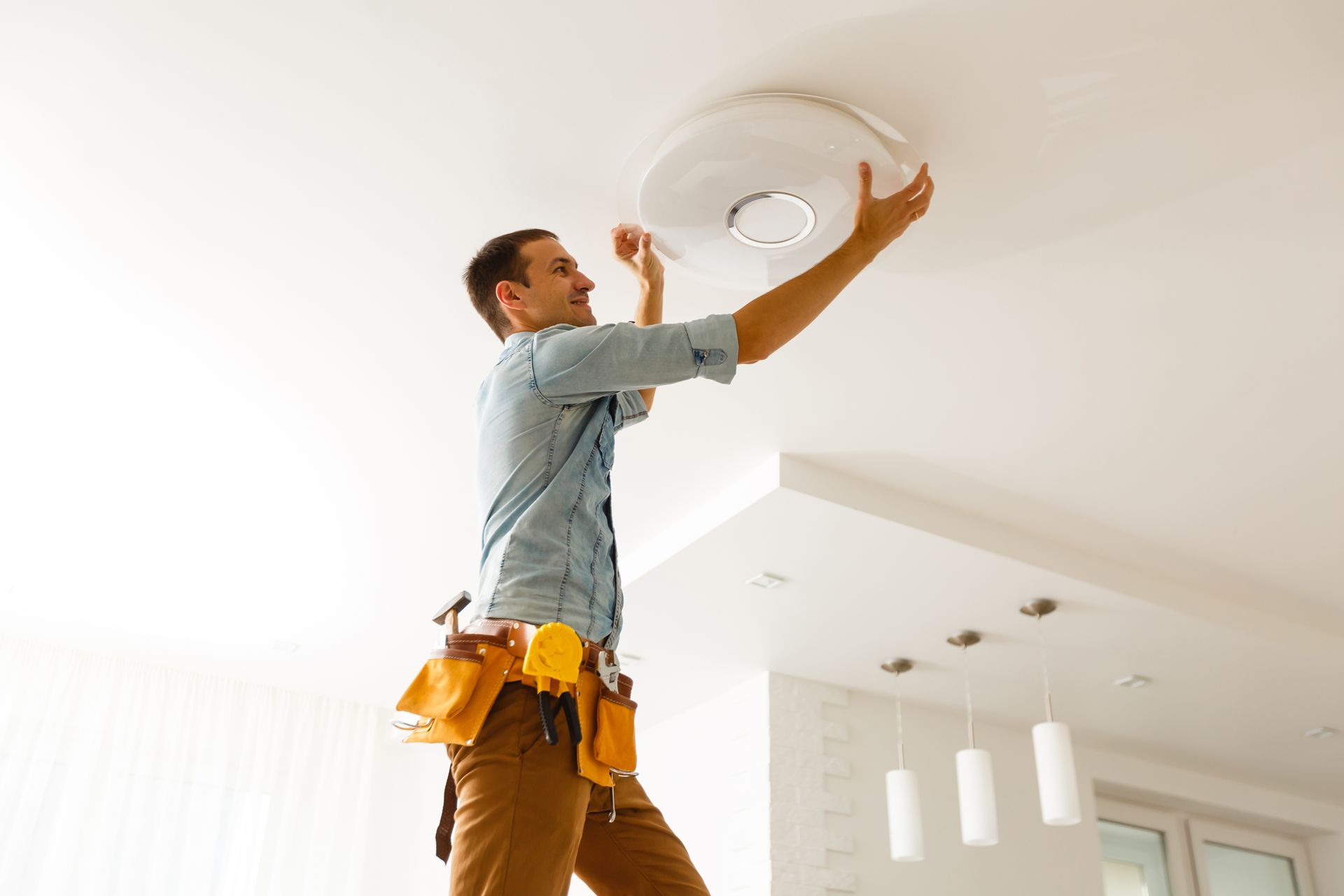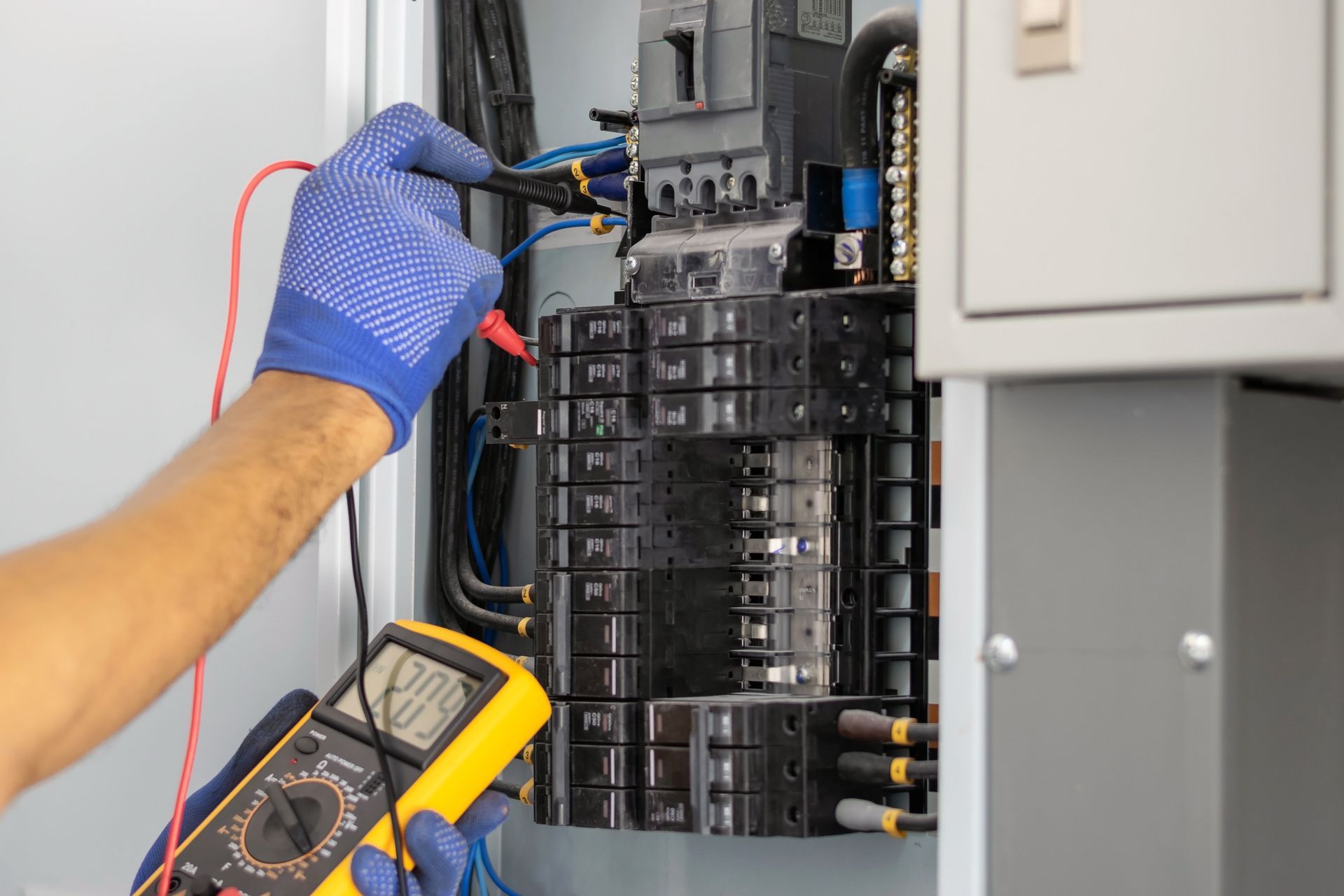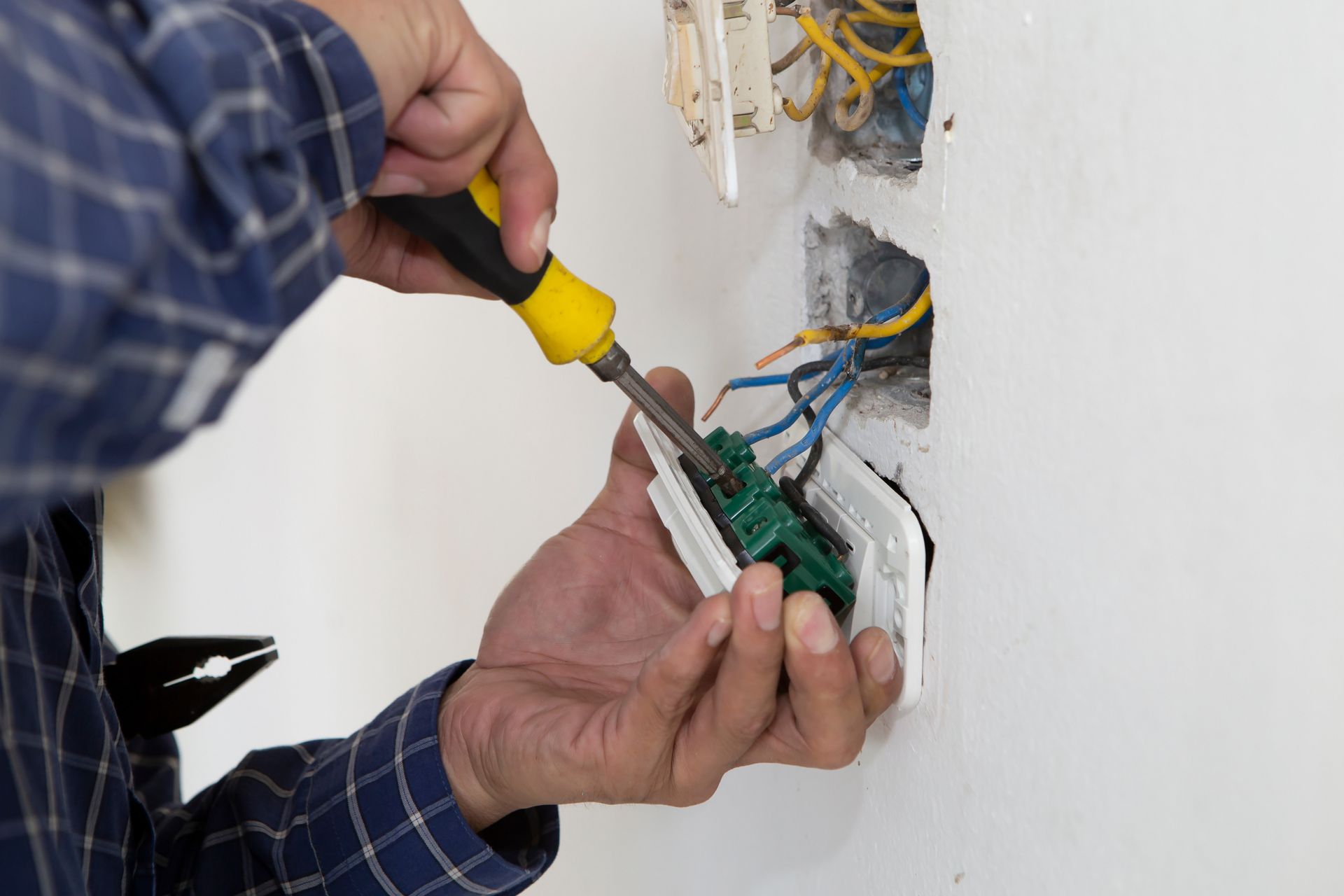Knowing When and How to Upgrade Your Aluminum Wiring
For further information about aluminum wiring, look to the 1960s. Copper prices rose during this time period, causing builders to explore ways to minimize costs. Aluminum began to be utilized in electrical wire in place of copper, decreasing the cost of new home construction. Despite its low cost, the aluminum wire has been found to be hazardous, increasing the danger of household fires.
Certain homes built around this time period still have aluminum wiring. However, older homes' wiring may not be safe enough to resist the increasing power generated by contemporary appliances and devices. These
residential electrical systems must be replaced as soon as possible.
Recognize the Aluminum Wire Hazzards
A home with an out-of-date electrical system poses a fire risk. Furthermore, poor energy use and frequent maintenance can raise the cost of maintaining an aluminum-wired electrical system. Aluminum wiring also reduces the value of a home and makes it more difficult to sell.
Many of the key reasons why aluminum wire is harmful are because it is softer and more flexible than copper wire. Thus, it is more brittle and prone to breakage. Through time, its material loses conductivity, especially when it is twisted or bent. Inadequate conductivity causes rapid heat accumulation and increases the risk of fire. When it is heated, aluminum swells up. Due to the usual effect of wear and tear, connections to plugs, lamps, and electronic equipment grow loose. Furthermore, aluminum wiring corrodes faster than copper wiring. This can make connections unstable, increase the risk of fire, and necessitate significant wiring repairs.
Although aluminum wire is frequently considered obsolete, it is nonetheless permitted in residential constructions. Although a downside is that obtaining a homeowner's insurance may be difficult if your property has aluminum wiring. Certain insurers will refuse to cover homes with this type of electrical system, while others would charge much higher prices.
Troubleshooting Aluminum Wiring
If your lights frequently flicker, the continual heating and expansion of your aluminum wiring may be causing the connections to your outlets to loosen. If you see someone on the second floor and the light in your dining room flickers, it's time to upgrade your electrical wiring system.
First, you must examine the outlet covers in your home. Your wiring becomes hazardous if any of the plates feel warm to the touch, have discolored, or have even melted. At the same time, overheated electrical outlets should be avoided. If the outlet is left unattended, it will quickly get hot enough to melt or ignite the cords that are attached to it. So upgrade your system to avoid costly repairs and to keep your home safe from fires.
Aluminum Wiring Facts You Should Know
- Loose Connections - Aluminum electrical wiring expands and contracts at a high rate. Over time, this constant expanding and contracting and loosen the connection. Loose electrical connections and cause a dangerous situation that could lead to an electrical fire.
- Cooper to Aluminum issues - Modern cooper outlets, light fixtures, and other electrical devices may have been connected to your homes older aluminum wiring. Cooper connected to aluminum may cause oxidation, heat, and expansion. Again, this can issue can lead to a fire.
Maintain Your Homes Wiring and Upgrade Your Wiring
While old aluminum wiring homes can go years or even decades without an issue, problems could develop behind walls and fixtures that could be dangerous. Years of expanding and contracting could be causing loose connections and dangerous potential hazards if left unchecked. If you notice any warning signs of warm to the touch walls around electrical fixtures, flickering lights, burning plastic smells, smoke, or other warning issues - you want to contact treat it as an emergency and contact an emergency electrical contractor right away.
If you are unsure of how safe your aluminum wiring is, you can also search for an electrical contractor near you to do an inspection of your home's electrical system.
About B Town Electric
B Town Electric is located in Belchertown, MA and services the entire Western Massachusetts community. B Town Electric is a team of OSHA 10 - certified electrical contractors specializing in residential, commercial and industrial electrical services. For questions or for services, contact our office at (413) 213-0770 or contact us online.
Questions? Contact our main office
Schedule a Free Quote. Submit a free quote request online
